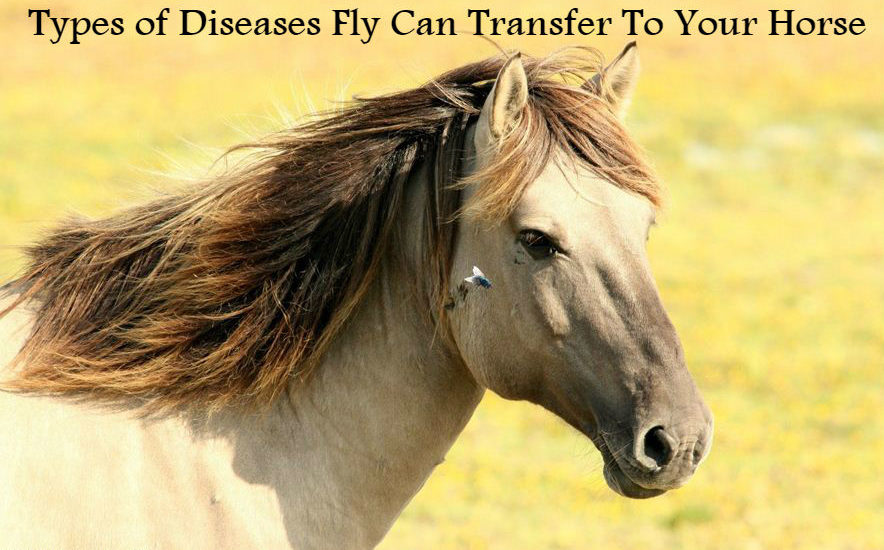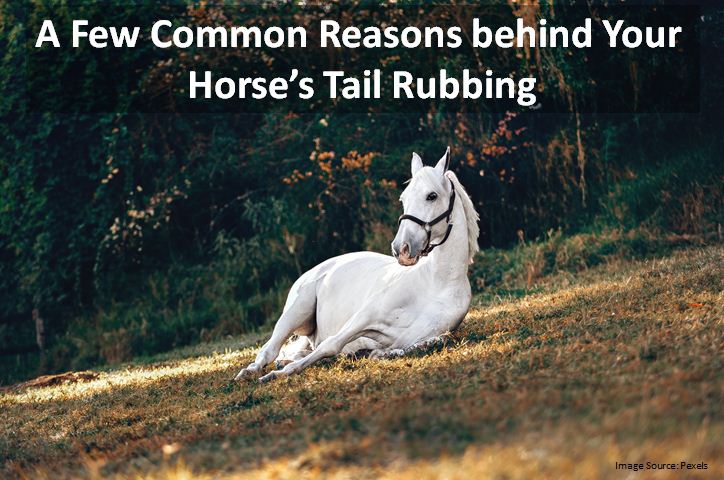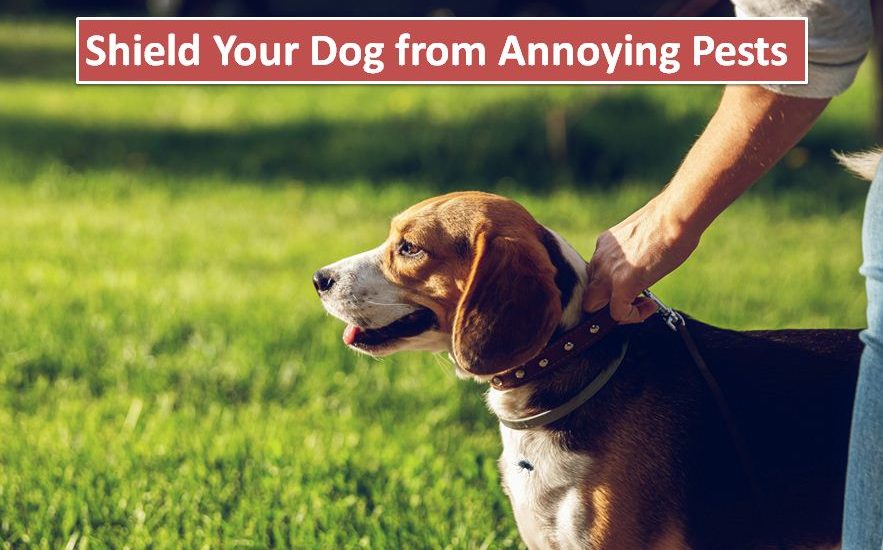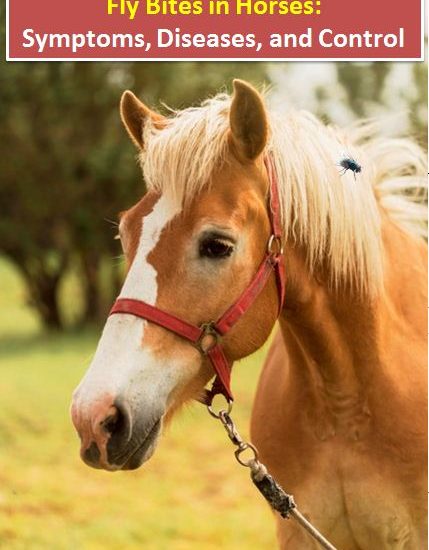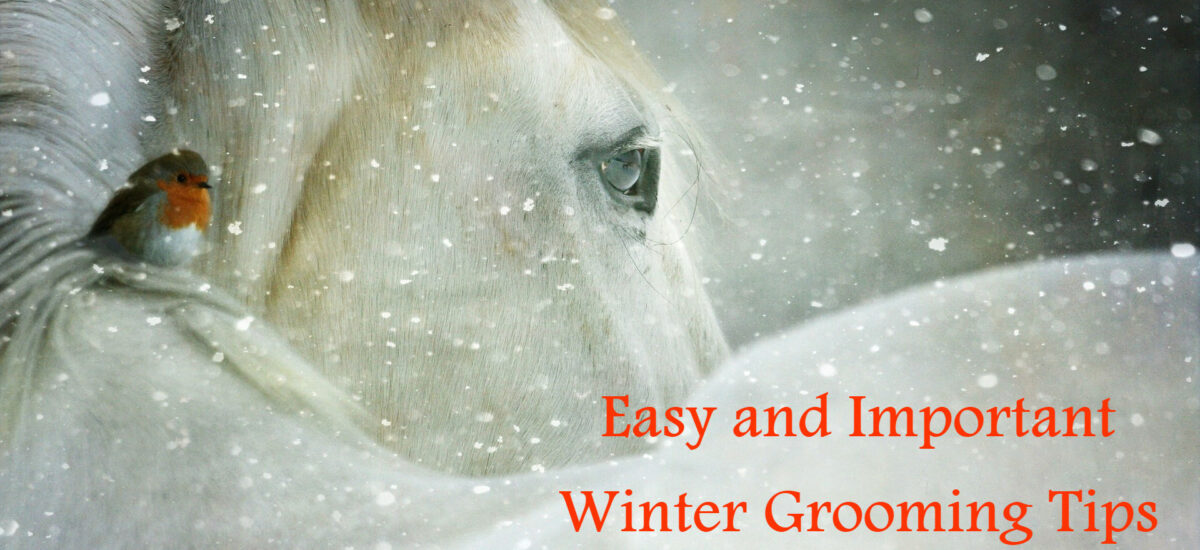If you think of mosquitoes and fly are merely some pesky pests, you are wrong! They are dangerous insects that can make your horses susceptible to several dreadful and life-threatening diseases. With every bite, they can infect the pet and bring significant health consequences. Here, the blog-post unveils information on fly-borne diseases for your horse. Take a look:
Eastern and Western Equine Encephalomyelitis (EEE, WEE):
Also known as sleeping sickness, the EEE or WEE is a kind of viral disease. The infection spreads from infected mosquitoes that bite infected birds. Your horse is likely to get sick with this disease during the hot days of summer.
It is a life-threatening disease. However, by taking preventative measures, you can reduce the chances of sickness of your pet.
West Nile virus (WNV):
Along with fever, your horse is likely to experience a problem in several body functions that include chewing, swallowing, blinking, moving, standing, etc. Behavior change, hind-limb weakness, paralysis, and ataxia are a few symptoms of the infection which can recover but will continue to affect the horse at some points.
Corynebacterium Pseudo tuberculosis:
Also recognized as dryland distemper and pigeon fever, it is a condition caused by a bacterium that survives in soil. Stable flies, horse flies, and house flies that come in direct contact of horses through contaminated soil can be responsible for pigeon fever. This disease can result in deep muscle abscesses. The use of good fly control is the best preventative method.
Equine Infectious Anemia:
The disease spreads when a fly bites an infected horse and then a healthy horse.
Summer sores and Venezuelan equine encephalitis are the other two more dangerous and deadly fly-borne diseases.
Wrapping up:
Flies, mosquitoes, and other insects not only annoy the horses with their bites, but they also reduce their quality of life. It is important to practice proper sanitization to keep your horse away from these pesky pests.
To keep them happy and healthy during this summer season, don’t forget to buy environmentally friendly horse fly spray. At Stop Bugg’n, we have an extensive range of fully natural, effective, and environmentally friendly fly spray. Apply a fly repellent while following all the recommendations to get maximum efficacy.
To know more about our products, prices, and their uses, reach out to the Order Now section. For further queries, feel free to contact us.
